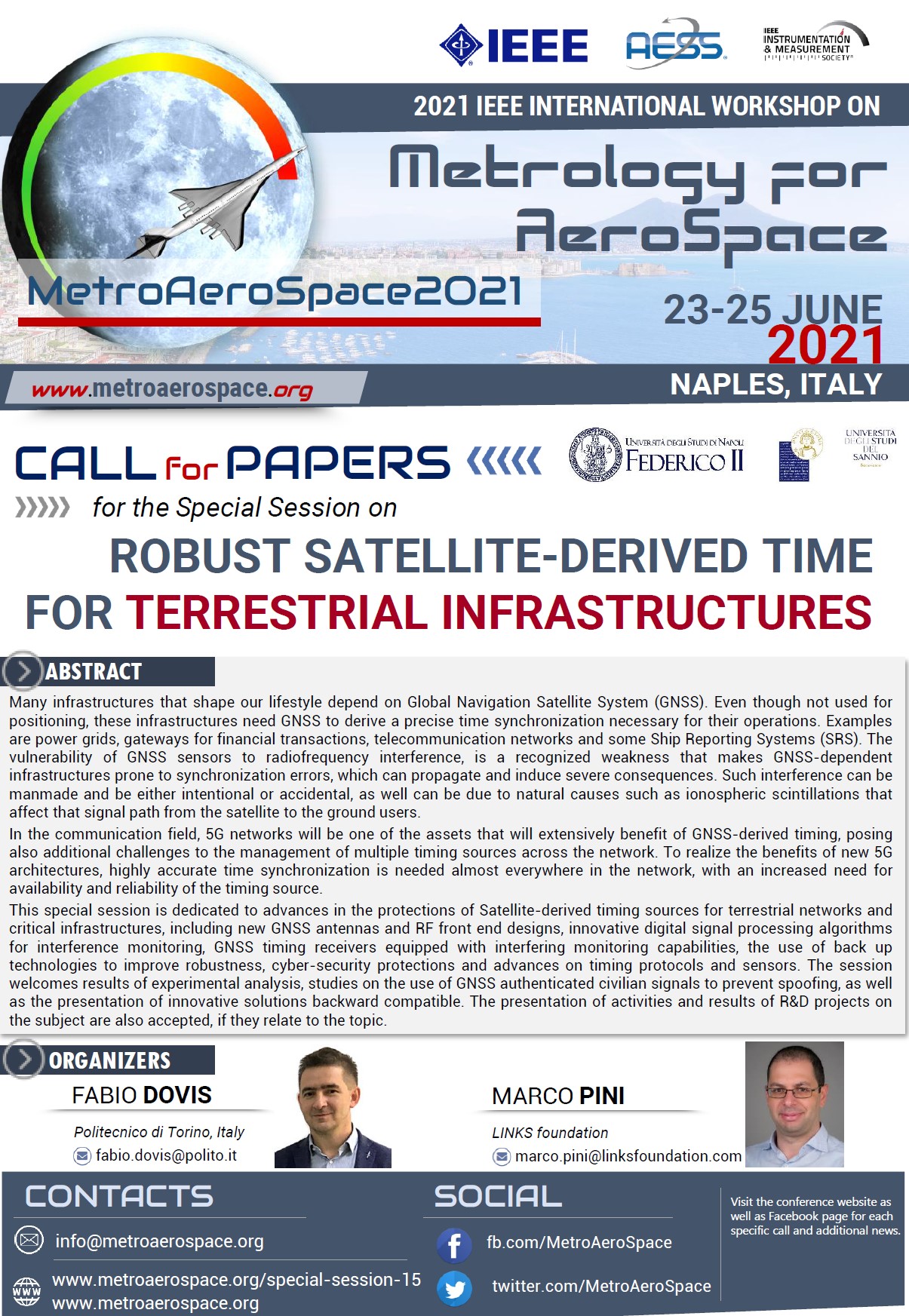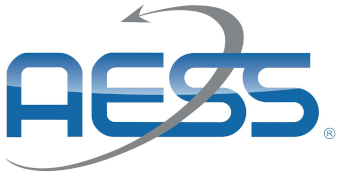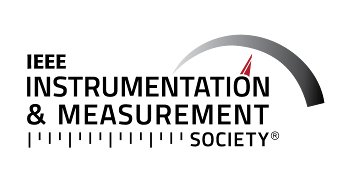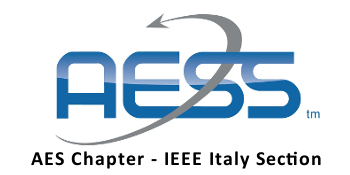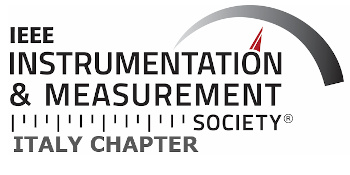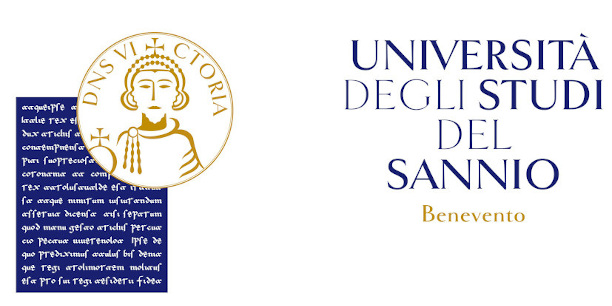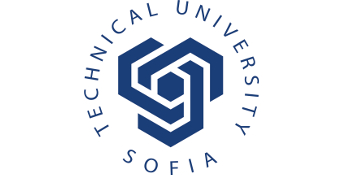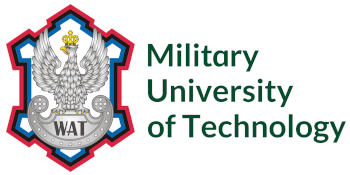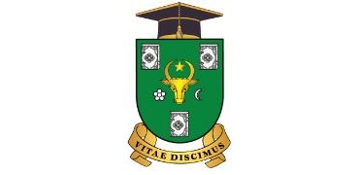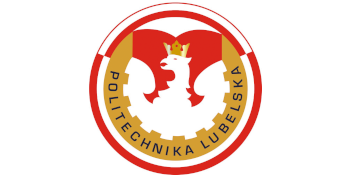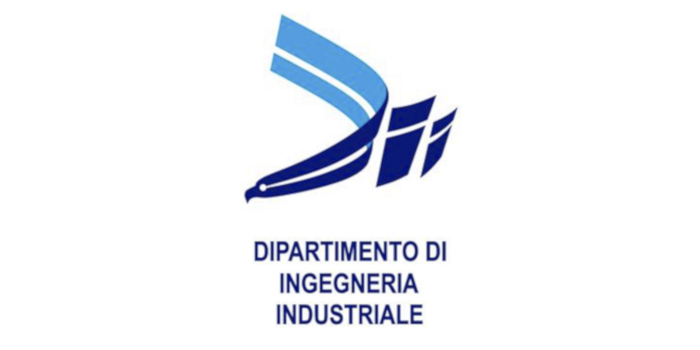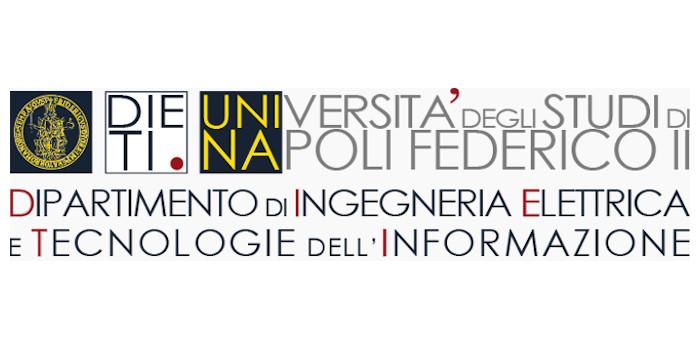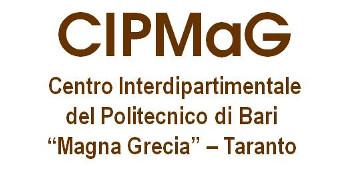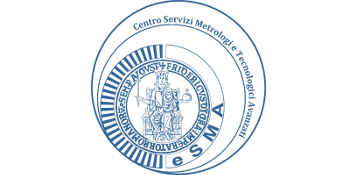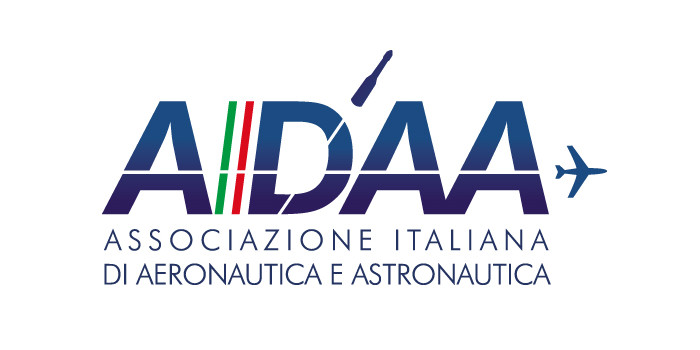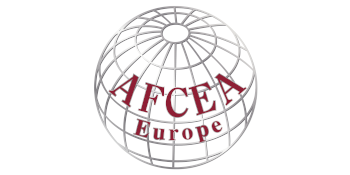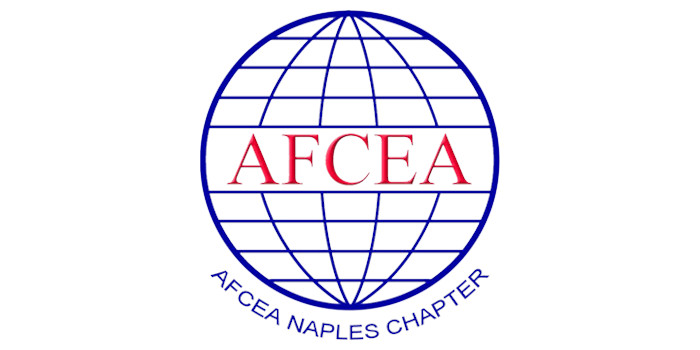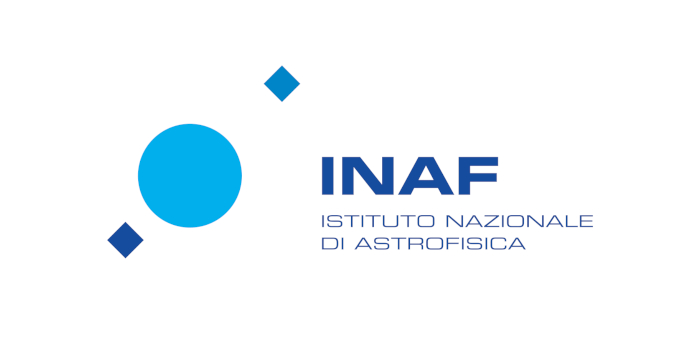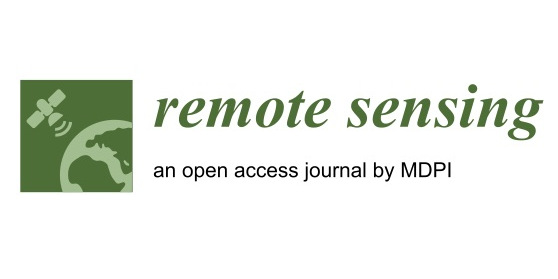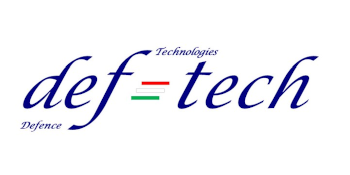Robust satellite-derived time for terrestrial infrastructures
ORGANIZED BY

Fabio Dovis
Politecnico di Torino - Dept. of Electronics and Telecommunications
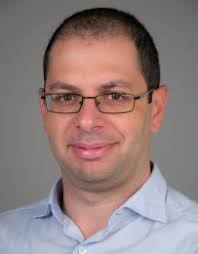
Marco Pini
LINKS foundation
ABSTRACT
Many infrastructures that shape our lifestyle depend on Global Navigation Satellite System (GNSS). Even though not used for positioning, these infrastructures need GNSS to derive a precise time synchronization necessary for their operations. Examples are power grids, gateways for financial transactions, telecommunication networks and some Ship Reporting Systems (SRS). The vulnerability of GNSS sensors to radiofrequency interference, is a recognized weakness that makes GNSS-dependent infrastructures prone to synchronization errors, which can propagate and induce severe consequences. Such interference can be manmade and be either intentional or accidental, as well can be due to natural causes such as ionospheric scintillations that affect that signal path from the satellite to the ground users.
In the communication field, 5G networks will be one of the assets that will extensively benefit of GNSS-derived timing, posing also additional challenges to the management of multiple timing sources across the network. To realize the benefits of new 5G architectures, highly accurate time synchronization is needed almost everywhere in the network, with an increased need for availability and reliability of the timing source.
This special session is dedicated to advances in the protections of Satellite-derived timing sources for terrestrial networks and critical infrastructures, including new GNSS antennas and RF front end designs, innovative digital signal processing algorithms for interference monitoring, GNSS timing receivers equipped with interfering monitoring capabilities, the use of back up technologies to improve robustness, cyber-security protections and advances on timing protocols and sensors. The session welcomes results of experimental analysis, studies on the use of GNSS authenticated civilian signals to prevent spoofing, as well as the presentation of innovative solutions backward compatible. The presentation of activities and results of R&D projects on the subject are also accepted, if they relate to the topic.
ABOUT THE ORGANIZERS
Fabio Dovis (Ph.D) is an associate professor at the Department of Electronics and Telecommunications of Politecnico di Torino, where he coordinates the Navigation Signal Analysis and Simulation – NavSAS - group, a joint research team of Politecnico di Torino and LINKS foundation. His technical expertise and research interests include the design of GPS and Galileo receivers, advanced signal processing for multipath mitigation, interference and spoofing countermeasures, as well as ionospheric monitoring. As of 2020 prof. Dovis supervised 15 Ph.D students on topics related to satellite navigation and positioning. He has a relevant experience in international collaborative projects as well as cooperation with industries and research centers in the field of satellite navigation systems. He authored more than 50 journal papers and published more than 180 papers in proceedings of international conferences. He is member of the IEEE AESS navigation systems panel.
Marco Pini (PhD) is the head of the Space and Navigation Technologies research area at LINKS Foundation. He received the Ph. D. in Electronics and Communication Engineering in December 2006 from Politecnico di Torino, working on software radio GNSS receivers, spending part of the program at the Aerospace Department of the University of Colorado (USA). As a result of the experience gained on GNSS receivers technology and applications, Marco Pini has been responsible for several European and National R&D projects. He acted as project coordinator of TRITON (EU FP7, GA n. 312687, 2013-2016), which focused on the development of a “trusted” GNSS-based source for positioning and timing information for maritime applications, robust to some intentional jamming and spoofing attacks and complementing GNSS signals authentication mechanisms. He also supervised the research activities of the FANTASTIC project (Fundamental Element R&D development program, GA GSA/GRANT/01/2016, 2017-2019) for what concerns the analysis of vulnerabilities of satellites-based critical infrastructures when these are attacked by false GNSS signals. He is coordinating the ROOT project (H2020, GA 101004261, 2020-2022), which fosters the introduction of OSNMA signals in the synchronization of 5G networks. He is member of the advisory board of the Centre for Service Robotics at Politecnico di Torino (https://pic4ser.polito.it/) and lecturer under grant at same University. He is co-author of 50+ papers on peer-reviewed scientific journals and conference proceedings.

